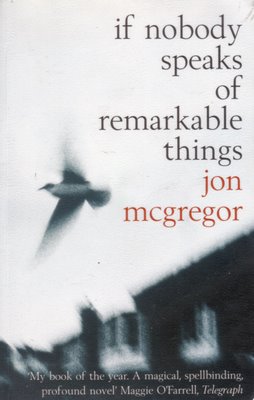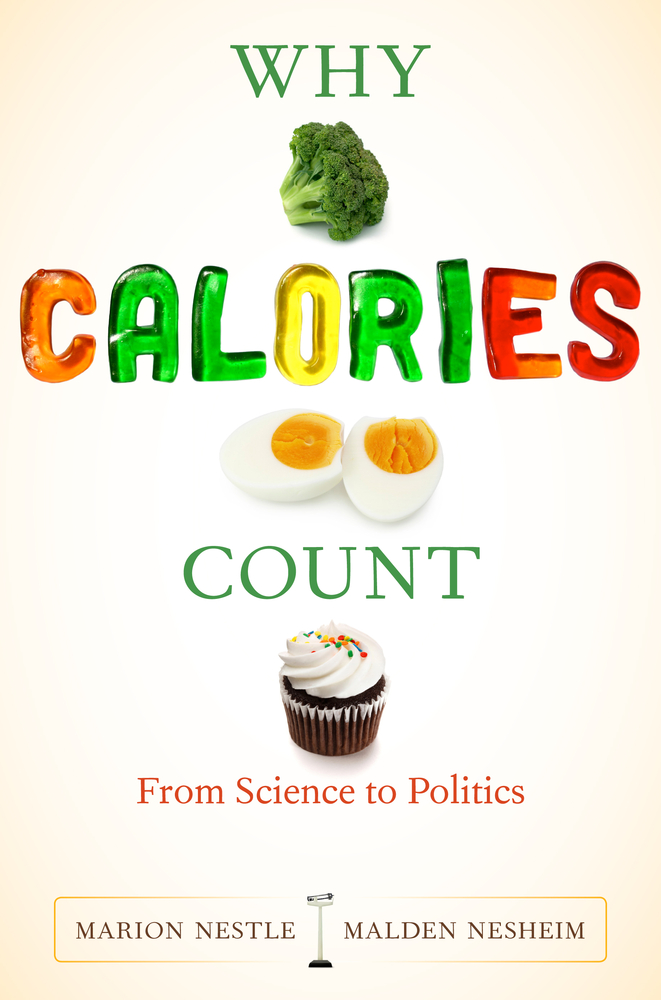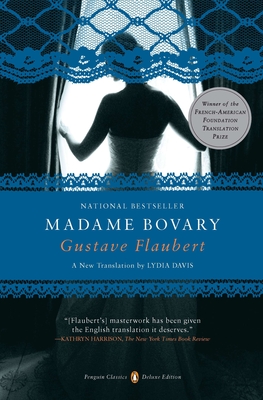Nate Champion
Well-Known Member
Finished The Moviegoer. A beguiling, unresolved, frequently intoxicating read. Some of the most beautiful descriptive prose I've read in a while. I reckon I will have to return to this at a later stage. Definitely has a powerful trance-like quality that you get with "Southern" literature. Also, Percy makes some beautiful observations about our relation to progress, media and otherwise.
Just begun with Winesburg, Ohio by Sherwood Anderson. Quite pleasant and moving so far, hopefully it won't end up being too slight. He already seems limited with his writing style and I'm only a few chapters in. Seems to be regarded as one of those early 20th Century Literature masterpieces that no one ever actually reads.
Just begun with Winesburg, Ohio by Sherwood Anderson. Quite pleasant and moving so far, hopefully it won't end up being too slight. He already seems limited with his writing style and I'm only a few chapters in. Seems to be regarded as one of those early 20th Century Literature masterpieces that no one ever actually reads.




